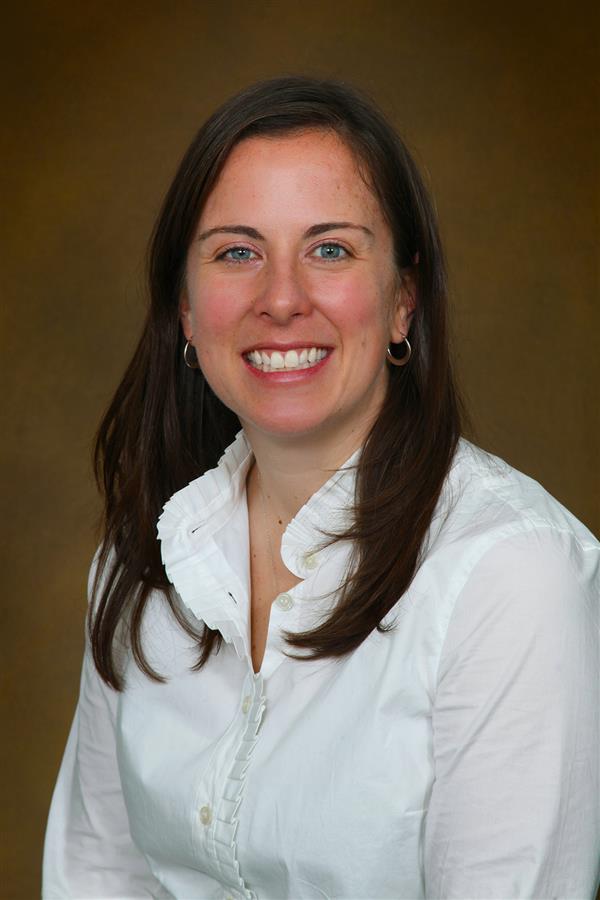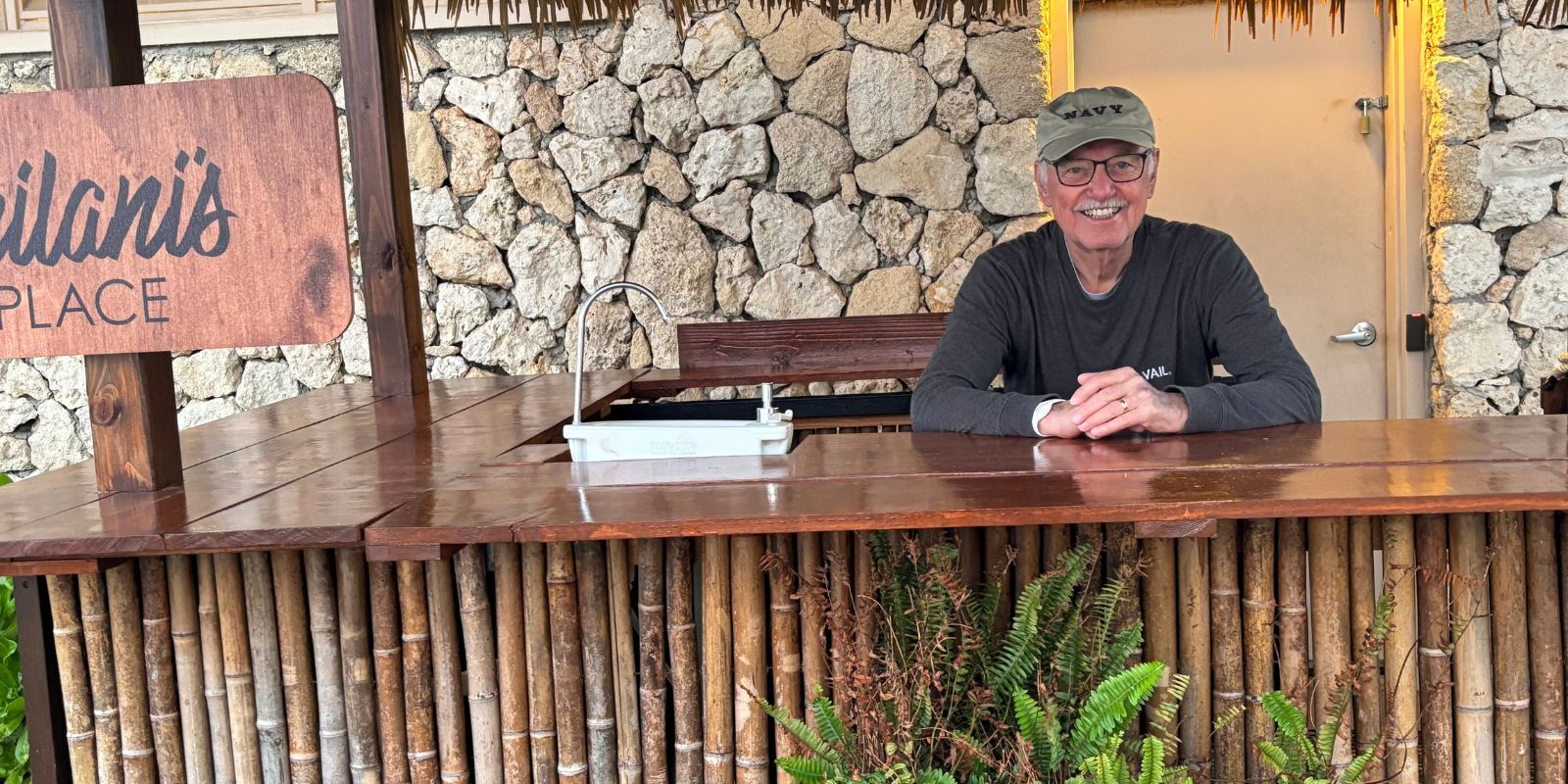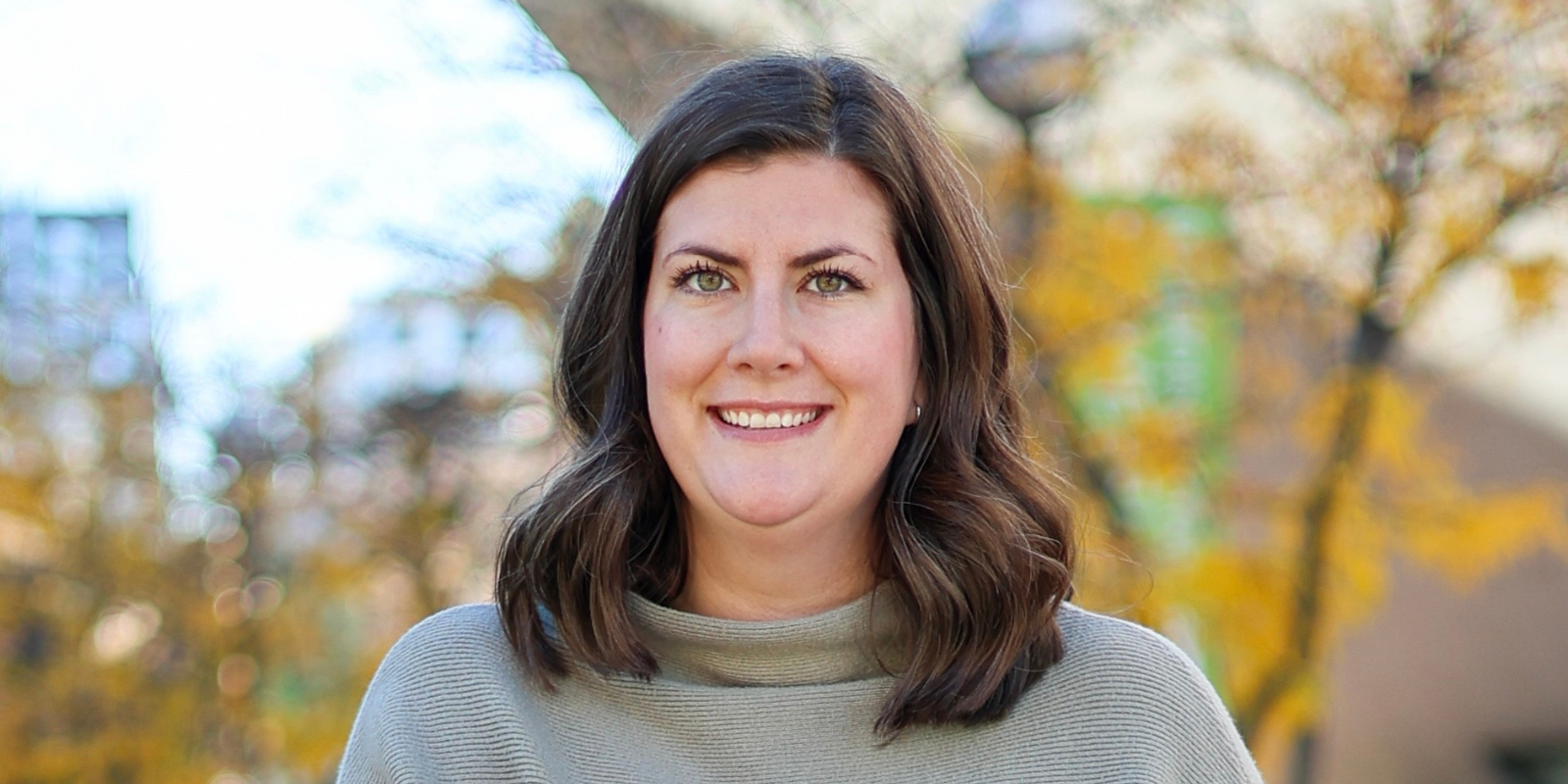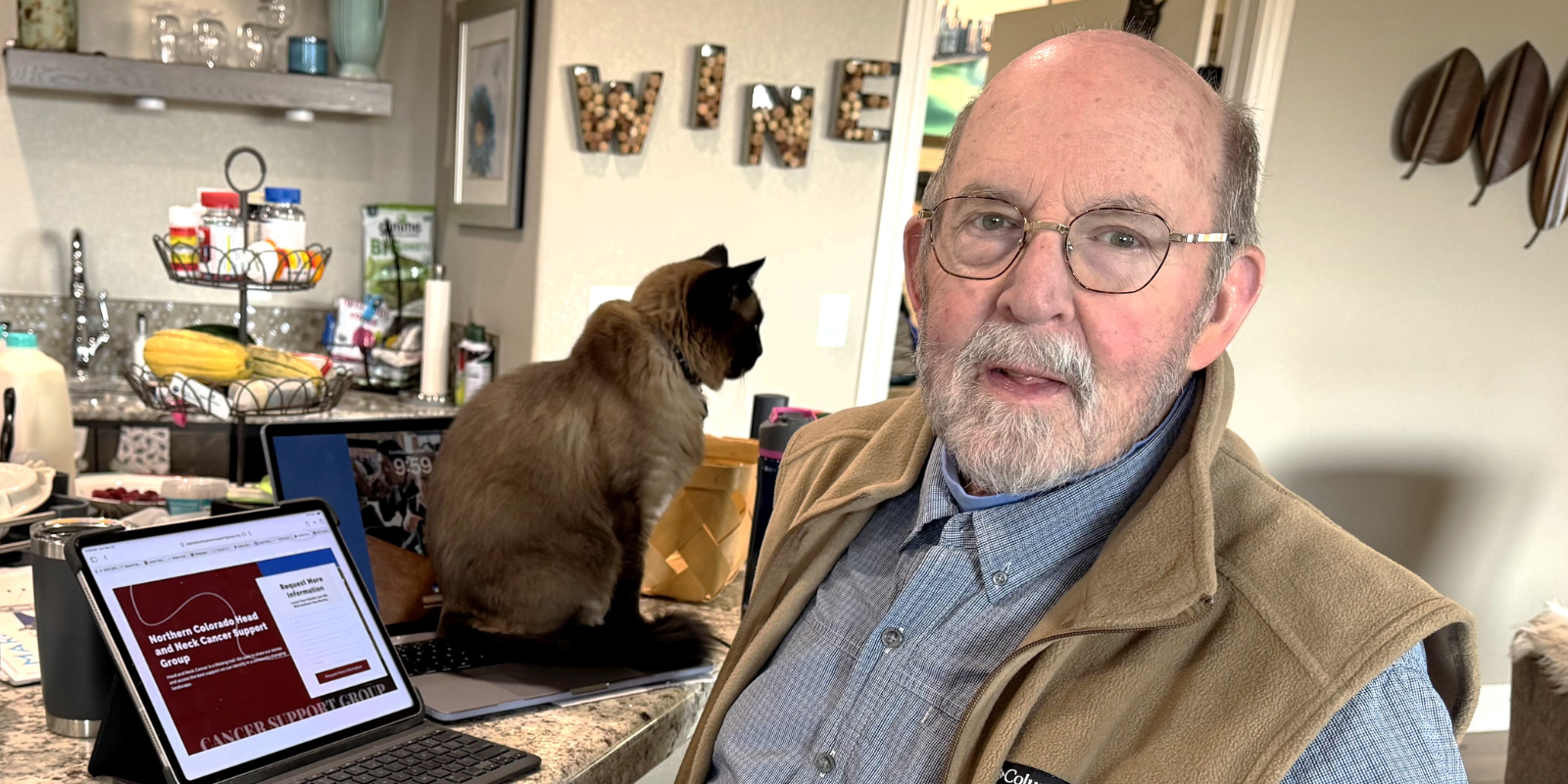For a rare cancer like sarcoma, it can be difficult to find a specialist. The University of Colorado Cancer Center Multidisciplinary Clinic in Sarcoma brings together more than 20 experts to provide each patient with a personalized plan to treat their sarcoma.
“Our multidisciplinary clinic brings in newly diagnosed patients or patients who have not responded to traditional therapy for a full day evaluation in order to develop a personalized treatment plan. In the morning, patients undergo the necessary radiology exams, receive a full physical and receive labs so that we have a complete picture of the patient. At lunch, 15 to 20 of our sarcoma specialists get together in one room to review the pathology slides, look at the radiology images, and hear the patient’s story. During the meeting, the team develops individual treatment recommendations. In the afternoon each patient will meet with their care team to discuss in detail the recommendations from the multidisciplinary team. They are given all the time they need to discuss their options and answer any questions they may have about this rare disease,” says clinic coordinator, Erica Becker, PA-C.
The team includes medical oncologists, surgical oncologists, orthopedic oncologists, radiation oncologists, interventional radiologists, pathologists, radiologists, advanced practice providers, nurses, social workers, nutritionists and more. After receiving treatment recommendations, patients may choose to be treated by members of the multidisciplinary team, or, because many patients come from outside the Denver metro area or even from out of state, members of the multidisciplinary team can work with a patient and his/her local providers to carry out the treatment plan.
“We quarterback their care from here,” Becker says. “Certain treatments that are more specialized often happen here, but if it’s not convenient for patients to be treated here, we can work with their local oncologist to deliver care back home.”
Sarcomas make up only about 1 percent of diagnoses cancers and include over 70 subtypes of the disease, affecting connective tissue including bone, muscle, fat, blood vessel lining and related tissues.
“This means that every type of sarcoma is rare, and a lot of times patients come to us without knowing much about their disease. Meeting with experts who specialize in sarcoma allows them to get a lot of information about their specific disease,” Becker says. “Unfortunately, sarcomas are often discovered incidentally or later in the disease process because they don’t present with a lot of symptoms. Often sarcomas develop as a painless lump that starts to grow, or a patient will find a sarcoma on an unrelated scan – maybe they’re in a car crash and find a mass through imaging in the ER.”
Due to the rare nature of the disease and the challenges of treating this complex cancer, treatment guidelines published by the National Comprehensive Network (NCCN) state that all patients diagnosed with sarcoma should be seen at a high-volume multidisciplinary clinic.
“Each subtype is treated differently,” Becker says. “It takes a pathologist who specializes in sarcoma to be able to differentiate between the many different types. Once we know the specific sarcoma that we are dealing with, we can determine the best approach to treatment. For example, some sarcomas are more chemo sensitive or radiation sensitive than others. Other sarcomas have specific mutations that guide potential treatment options. To get the best outcomes, you have to know what you’re dealing with.”
There are over 400 sarcoma studies listed at clinicaltrials.gov that are currently enrolling patients. In addition, recent approvals of immunotherapies and targeted therapies mean that the treatment of sarcoma is changing at a pace never before seen.
“That’s why it’s so important to be seen in a clinic where docs are only seeing sarcoma; they’re up to date on recent clinical trials and techniques,” Becker says. “When they’re not seeing patients, our doctors are working with collaborators in the laboratory to search for the next breakthroughs in treatment. Our research is stuff no one else is doing. That means we sometimes can provide options for patients who have struggled to find options elsewhere.”
##
Erica Becker, PA-C, is CU Cancer Center Sarcoma Multidisciplinary Clinic coordinator. She serves as our primary contact for prospective patients, current patients, and referring physicians.
Call her at 720-848-9395 or e-mail her at erica.becker@ucdenver.edu.




